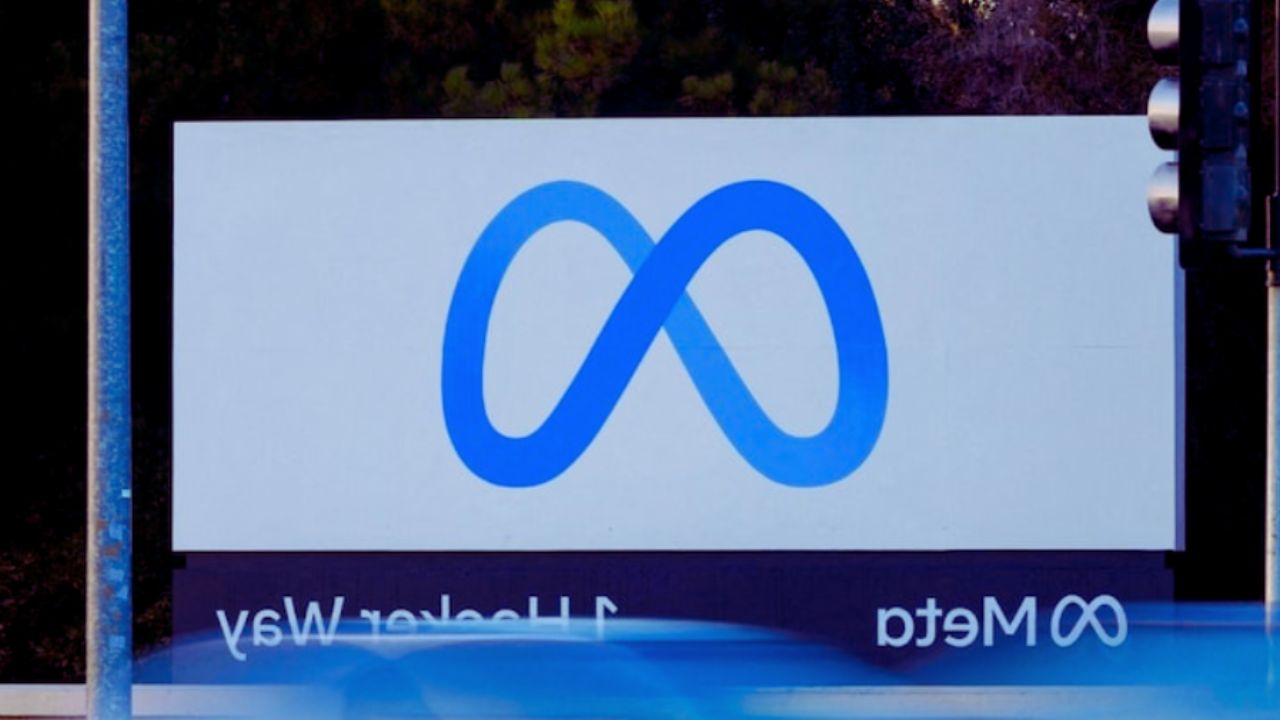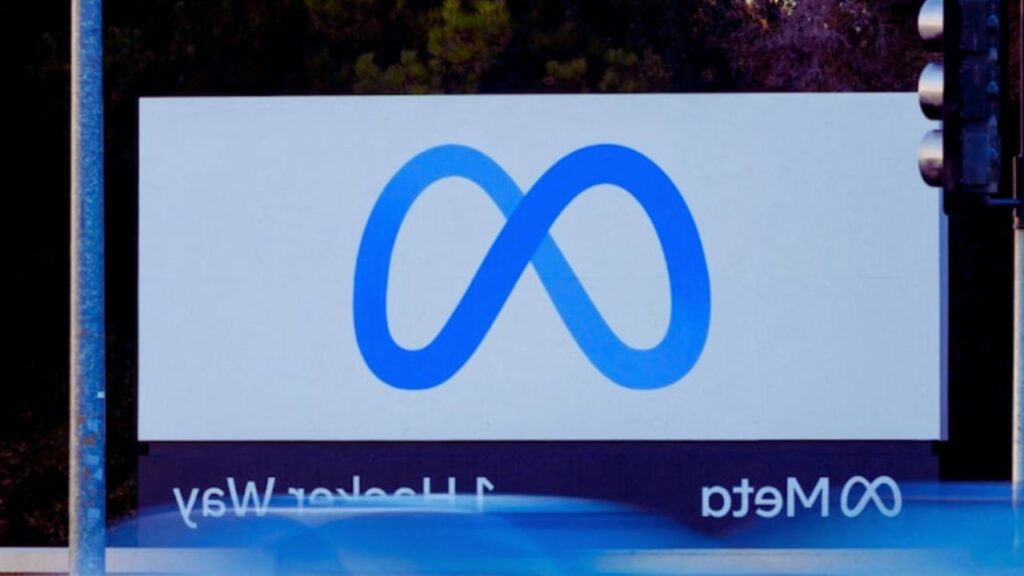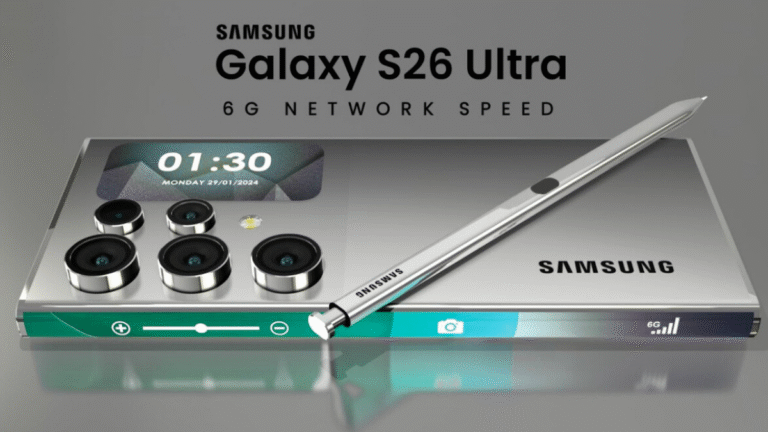
Code with AI or Don’t Code at All?” – Meta’s Bold New Move to Mandate AI Tools in Developer Hiring Tests
In a striking shift that may redefine the future of tech hiring, Meta (formerly Facebook) is reportedly planning to require job applicants to use AI tools during coding assessments. The move, which has stirred both excitement and concern across the tech industry, underscores Meta’s ambition to align its workforce with the AI-driven future it’s actively building.
According to insiders close to the matter, the new hiring protocol is being piloted internally and may soon become a mandatory component of Meta’s recruitment process for software engineers and developers across various verticals.
The New Normal: Coding with AI, Not Against It
Traditionally, coding tests have been a pure assessment of a developer’s logic, problem-solving ability, and raw programming skills. However, Meta’s proposed shift suggests that the tech giant now values AI-assisted coding proficiency just as highly—if not more.
Job applicants will reportedly be encouraged—or even required—to use Meta’s proprietary AI tools, or leading platforms like GitHub Copilot, CodeWhisperer, or ChatGPT, during real-time coding evaluations. This change aims to assess not just how well candidates can code, but how efficiently they can collaborate with AI to solve complex problems.
“The era of AI-assisted development is no longer optional. It’s essential,” said a former Meta engineering manager who confirmed knowledge of the initiative.
Why Is Meta Doing This?
Meta’s bold strategy is rooted in three key motivations:
- Future-Proofing the Workforce
As AI becomes integrated into every part of the software development lifecycle, developers who are adept at prompt engineering, tool integration, and collaborative AI usage will have the upper hand. - Efficiency is the New Intelligence
The company wants to onboard engineers who know how to solve a problem fast, not just solve it alone. Using AI to optimize time and output reflects the real-world workflows of modern engineering teams. - Driving Adoption of Meta’s Own AI Products
Meta is actively developing AI tools under its Llama and Code Llama initiatives. Embedding them into hiring not only tests proficiency but also encourages early adoption and feedback.
The Test Format: What Could It Look Like?

Although Meta hasn’t officially published the updated format, tech recruiters speculate that the new system could involve:
- A live coding challenge with AI tool access enabled
- Assessment of prompt quality, code optimization, and AI tool fluency
- Scenarios where the AI provides incomplete or buggy suggestions to test decision-making
- A section where candidates may be asked to compare AI-generated vs. human-written code
This would mark a radical departure from traditional whiteboard or leetcode-style assessments, pushing candidates to adapt quickly, think critically, and leverage technology smartly.
The Reactions: Divided and Intense
The announcement, though not yet official, has already sparked a wave of reactions within the developer community:
- Supporters argue it reflects the new reality of coding, where knowing how to use AI tools is as vital as knowing syntax.
- Critics fear it could disadvantage brilliant coders who aren’t familiar with AI tools or who prefer traditional problem-solving.
- Others raise ethical concerns about whether reliance on AI in hiring assessments undermines individual talent.
“What about those who are self-taught or from underprivileged backgrounds without access to these tools?” asked one user on Hacker News.
“Is this really measuring intelligence, or just prompt-crafting ability?” wrote another on Reddit.
What This Means for Job Seekers
For aspiring engineers targeting a role at Meta or other top-tier tech companies, this change means:
- Learning to code with AI tools is no longer optional. It’s part of the skill set.
- Mastering prompt engineering—i.e., telling the AI exactly what you need—is becoming a crucial technical skill.
- Context awareness, error detection, and debugging AI-generated code will be just as important as writing original code.
Expect hiring platforms and bootcamps to rapidly update their curriculums to include AI-assisted problem solving.
Is This the Future of All Tech Hiring?
Meta’s move could easily set a precedent. If successful, other giants like Google, Amazon, and Microsoft may follow suit.
The result? A new hiring paradigm where collaborating with machines becomes a primary qualification, not just a secondary skill. This would represent one of the most fundamental shifts in how the tech industry evaluates talent since the rise of open-source portfolios and online coding competitions.
Evolution or Overreach?
While Meta’s reported policy is still in development, it already raises a larger question:
Should humans be tested on how they think, or how well they work with machines that think for them?
Regardless of where you stand, one thing is clear—the age of coding in isolation is fading. Tomorrow’s developers will be expected to not only write clean code but command AI with clarity and strategy.
For now, applicants eyeing a future at Meta would be wise to start learning the language—not just of Python or Java—but of co-creation with artificial intelligence.
Because the next big job interview may not just be between you and a recruiter… but between you, AI, and how well you two get along.






